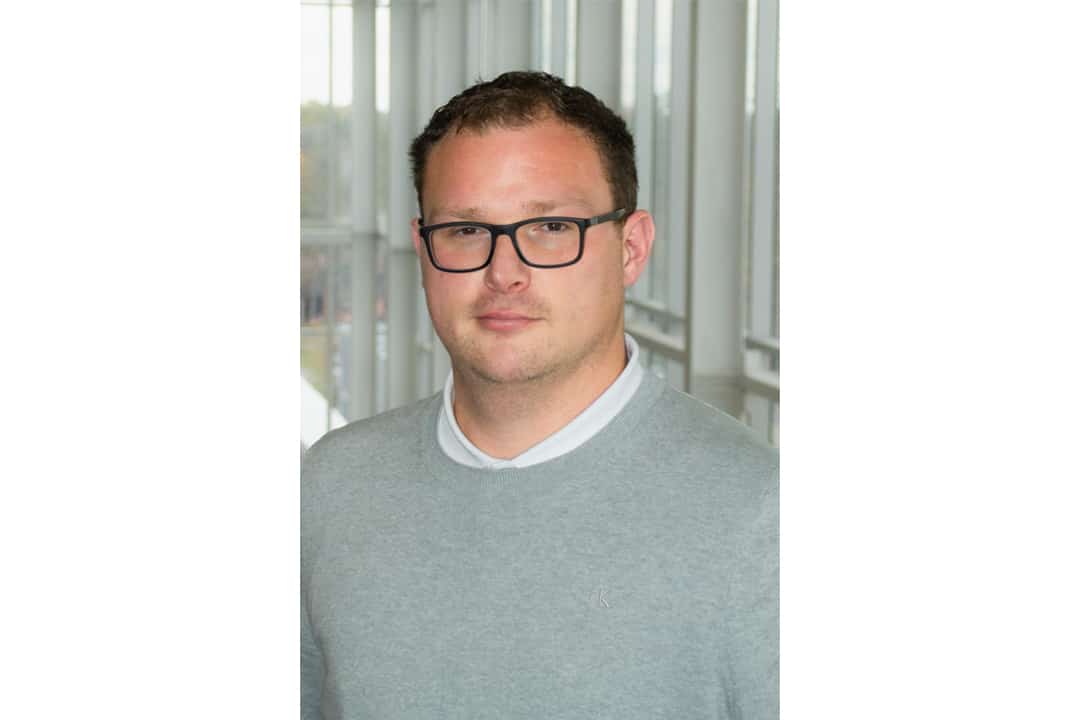For Chadwick Cowie — an assistant professor at UTSC’s Department of Political Science — working at UTSC has allowed him to come back home to his territory.
Hailing from the Pamitaashkodeyong community — also known as Mississaugas of Rice Lake or Hiawatha First Nation — Cowie is one of the three Indigenous faculty members that UTSC hired in 2022. Cowie is part of the Atik (Caribou) clan. He is also a PhD candidate completing his dissertation at the University of Alberta. He currently lives in Montréal, but will soon move to Toronto permanently.
At a UTSC Campus Council meeting in September 2022, UTSC Vice-Principal, Academic and Dean William Gough said that UTSC currently employs 10 Indigenous faculty members in total. In 2015, when the Truth and Reconciliation Commission of Canada published its report, UTSC had no Indigenous faculty members.
U of T is on the traditional lands of three First Nations: the Huron-Wendat, the Seneca, and the Mississaugas of the Credit.
Research projects
In an interview with The Varsity, Cowie said that his research projects seek to provide a fuller picture of stories that already exist. “There’s [usually] more… [to] a story that we don’t necessarily know,” he said.
His dissertation examines whether Indigenous peoples voting in Canada’s federal elections can generate changes for themselves. Cowie focuses his research on the 2015 federal election because it saw the highest voter turnout among Indigenous peoples since 2004, when turnout tracking began.
Since then, Cowie found that political parties have expanded sections of their platforms to address Indigenous relations. However, his research concludes that as long as political parties don’t fully realize the impact of the Indigenous vote and establish long-term relationships with Indigenous communities, among others, then voting will not necessarily bring changes for Indigenous peoples.
Cowie’s other research project involves establishing and collecting the history of the six Mississauga communities and the Mississauga First Nation as a whole. Cowie said that he undertook this research so that future generations will have the opportunity “to learn about themselves growing up, unlike myself, who had to wait until my late 20s to start learning more about my history.”
He emphasized that this research is not his: “It belongs to the nation, belongs to the communities.” This ownership means that this research is “not necessarily aligned with the Western academic setting,” he said.
Road to political science
Cowie said that when he was 16 years old, he had watched debates between political candidates for the 2000 Canadian federal election. At the time, he thought that the debates were “stupid and boring.” His mother, however, told him to pay attention. “No matter what, these people… will make decisions on your future,” Cowie recalled his mother saying.
She had singled out one candidate in particular: “This one, he would like to see our rights taken away, because he doesn’t want to acknowledge our history.”
Cowie has involved himself in politics since then. He worked for the Association of Iroquois Allied Indians when he was a teenager, established and became president of the First Nations Student Association at Western University when he was an undergraduate, and eventually sat on the national board of the Liberal Party of Canada for two terms.
Cowie said that, ultimately, he decided not to pursue politics because he doesn’t “have the time or the patience to play the political structure [in Canada],” which he said is markedly “party first.”
Cowie pursued an academic career instead because he enjoys engaging with the younger generation more. “I have more hope in the younger generation because they are actually being taught [about Indigenous peoples] at a young age,” he said. “If I’m going to influence decisions to come… it’s going to be [by influencing] those who are coming later… setting it up so that the generations to come are able to make changes once they’re in charge.”
Cowie taught POLC52H3 — Indigenous Nations and the Canadian State — at UTSC in the fall and is teaching POLD54H3 — Michi Saagiig Nishnaabeg Nation Governance and Politics — this winter term.
When he is not teaching or doing research, Cowie draws and paints landscapes, infrastructures, and cityscapes. In particular, he likes drawing “scenes of destruction,” because he said focusing on fine details helps him to unwind and destress. He also enjoys traveling.


